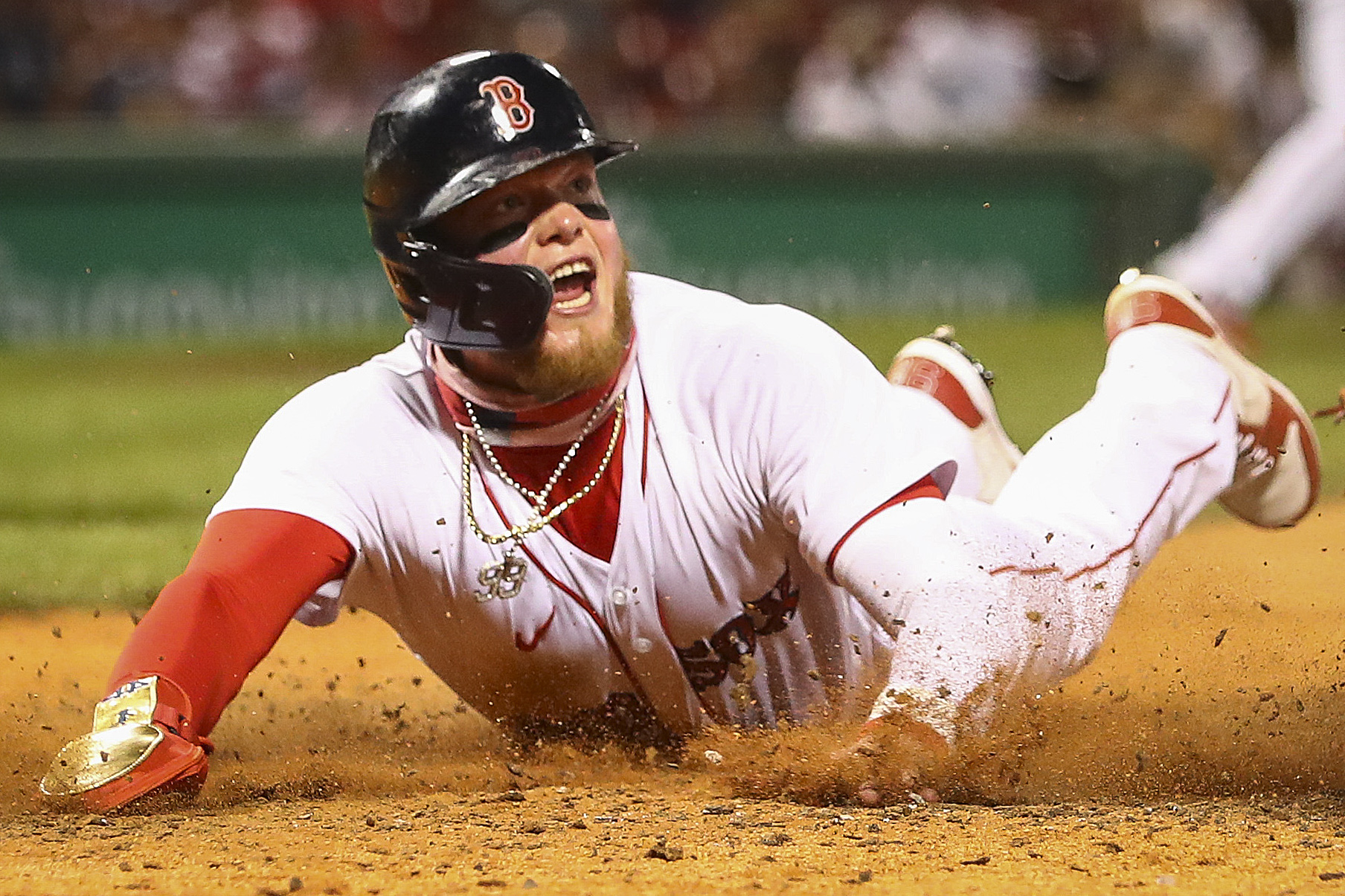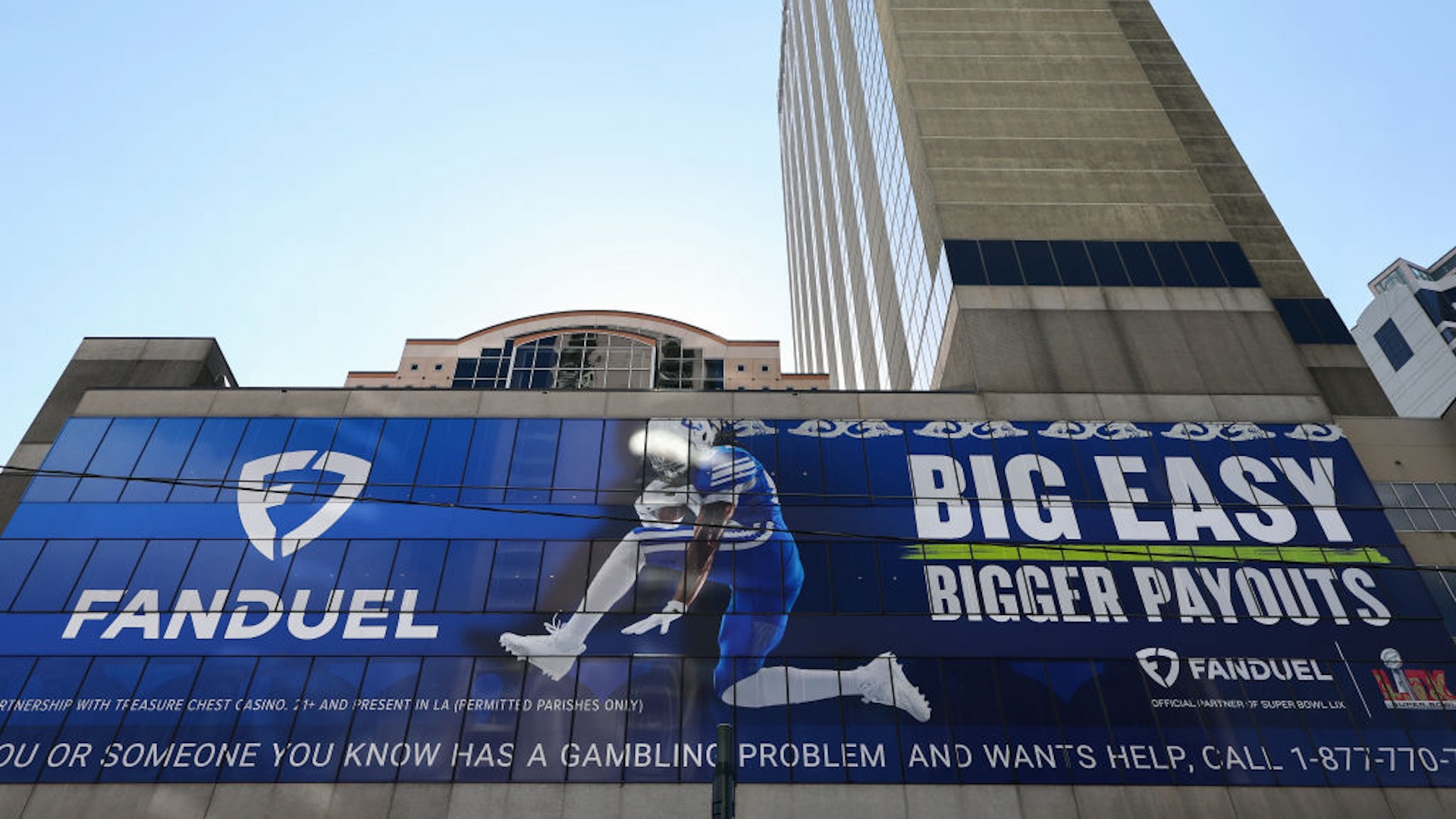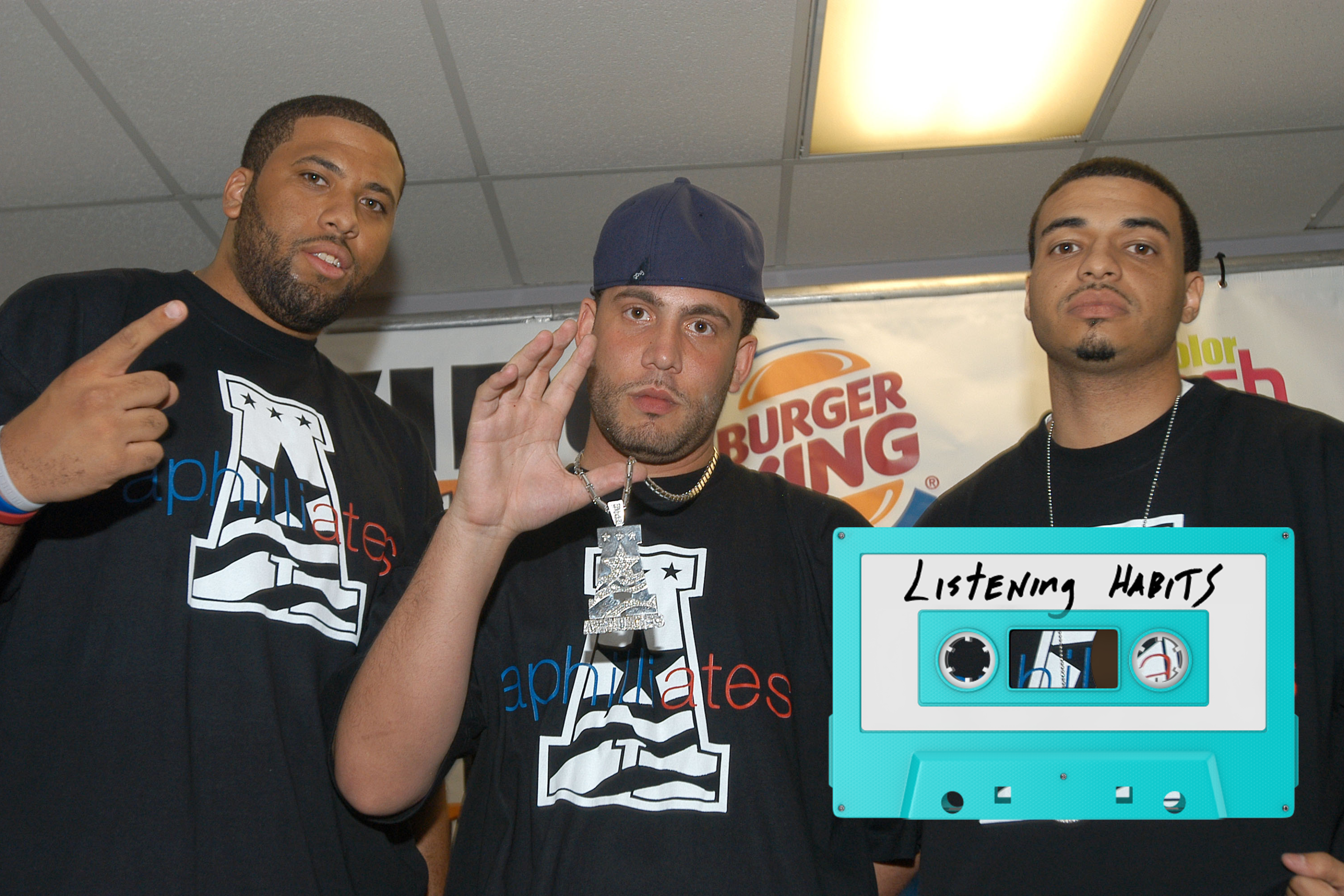Feb. 11, 2020 was right on the bleeding final edge of the Before Times. The pandemic was very much on, but it hadn’t yet thrown the entire country into solitary. I was in New Hampshire, on one of my last reporting trips until god alone knew when, following the presidential primary campaigns. The only real news therein was that Joe Biden’s hopes were so sincerely dead that they should have been hanging behind a deli counter and selling for two bucks a pound.
On the day of the New Hampshire primary, which was marked by the release of a mash note from Bill Belichick to the then-incumbent president*, the Boston Red Sox traded Mookie Betts, the 2018 American League MVP, to the Los Angeles Dodgers for a handful of magic beans.
Make no mistake. This trade blew goats. Betts already was the greatest talent entirely produced by the Red Sox organization since Carl Yastrzemski abandoned the potato fields of Long Island. He was a 27-year old superstar outfielder who’d been central to one of the four World Series championships that Boston had won over the previous 16 years. (More about that in a moment.) In return, the Red Sox got “prospects,” the most prominent of whom was outfielder Alex Verdugo, considered to be Los Angeles’ top minor-leaguer.
But the return was irrelevant. The Red Sox rid themselves of a great player because they were too damn cheap to keep him. Team owner John Henry—net worth, according to Forbes, $2.8 billion—had pronounced himself desperate to get his payroll beneath MLB’s preposterously named Competitive Balance Tax, despite the fact that the Red Sox are currently valued at $3.47 billion. Henry said repeatedly that the Red Sox “had to get under” the CBT, although why that sudden urgency came at exactly the right time to give him an excuse to stiff his best player remained unexplained.
Betts made it equally clear that, approaching free agency, he planned to cash in at what most informed estimates had at somewhat north of $300 million, which is a nicely sub-Arctic locale indeed. So the Red Sox and Henry had an financial alibi for frittering away a once-in-a-generation talent, albeit a threadbare one. Have we mentioned that Fenway, America’s Most Beloved Ballpark, is the home of the $12 light beer?
(An aside—it should be noted that Henry’s Fenway Sports Group also owns Liverpool of the English Premier League, and that partisans of that franchise also are frosted with him, most recently due to his involvement with the abortive “super league” footie conspiracy. Prior to that fiasco, though, in 2016, when Henry and FSG hiked the ticket prices, 10,000 Liverpool fans walked out of a game at Anfield, chanting, “You greedy bastards, enough is enough.” I’m not familiar with a lot of futbol jargon, but you don’t need the Enigma machine to decode that one.)
I was instantly filled with the kind of familiar outrage that I thought I’d lost touch with forever, a vestigial anger that felt so very much like home. Before the world turned upside down in St. Louis in 2004, back in the days of self-indulgent trouble and woe, people would always ask what it was going to be like for a Red Sox fan if they ever won a World Series. Wouldn’t that make us just another fan base, instead of a bunch of people who yearly hammered the nails into their own palms on their own private Golgothas?
Let it happen once, I would tell them, and I’ll let you know how it feels.
The first one was one of the most unreservedly happy sports experiences of my life. The 2007 title was satisfying, but a lot of the entertainingly rough edges had been sanded off. In 2013, the Red Sox were a merry surprise; I developed a real affection for Koji Uehara, the indomitable closer with the down-diving splitter. And, to be honest, the 2018 crew was so good that it almost numbed me entirely, although that Betts kid looked great, and so did Jackie Bradley, Jr. and Andrew Benintendi. They promised years of satisfaction. Now all three of them are gone, and Betts already has been a World Series MVP for the Dodgers. But I want to be at Fenway when they raise that Under The Luxury Tax banner in centerfield.
It’s important to note that I never was part of the Woe-Is-Little-Us caucus. I wasn’t burdened by the franchise’s bad luck. I was pissed off that this was the last team in MLB to integrate, and that this team had a chance to have Ted Williams and Willie Mays in the same outfield because the longtime beloved owner was baseball’s Ben Tillman. (There was no Curse of the Bambino, but there sure as hell was a Curse of Tom Fucking Yawkey.) I wasn’t morose about the 1978 playoff against the Yankees, I was enraged by Don Zimmer’s fatheaded refusal to use experienced players because they said mean things in print. I was not saddened by what happened against the Mets in 1986; I was irate A) because I had to rewrite my Game 6 sidebar, on deadline, about five times and B) I came away from the series with the worst case of bronchitis I ever had. Aaron Boone did not bother me, but Grady Little can still be fucked for leaving Pedro Martinez out there as long as he did. Sadness over these things was self-indulgent foolishness. Good, clean, cleansing outrage was the proper way to be a Red Sox fan.
That’s what came back to me when the Betts trade happened. That comfortable sense of perpetual outrage. It brought back Sparky Lyle-for-Danny Cater. Hell, in terms of its largely being a salary clawback, it brought back selling the Ruth kid to the Yankees over a century earlier. Getting rid of Bradley and Benintendi was just the final twist of the knife. Suddenly, the 2018 champions inspired actual emotions—the same ones experienced by a shop owner who comes to work and finds his store has been tagged by a street gang. The future, it turns out, was then.
I was back where I belonged, dammit—filled with ill-favored rage at traditional Red Sox bungling. So how dare they turn out to be, well, good? Can’t trust the greedy bastards for a moment.
The hell are they doing at 32-21 the day after Memorial Day, one game behind Tampa Bay and three-and-a-half up on the Yankees, while Mookie Betts is toiling for the third-place Dodgers, mired at .247/.365/.473? Bradley, Jr. is at .150 with Milwaukee, but his specialty is highlight plays in the outfield anyway. Benintendi is at least clearing the Mendoza at .288 down in Kansas City. Meanwhile, in Boston, Alex Verdugo is hitting .283 and won a game with a home run just last week. With J.D. Martinez and Xander Bogaerts, and preposterously talented Rafael Devers, he has give Boston a formidable top of the batting order, making the Red Sox the second-best offense in the American League. The Boston pitching has been just as solid, if not exactly spectacular, with every game a matter of holding down the opposition until Matt Barnes comes out to close. So far, that’s worked very well: Garrett Richards, having tinkered with his windup has been a particular surprise. Set-up guy Adam Ottavino is even pushing Barnes. Ottavino has some filthy stuff that occasionally seems to have a mind of its own.
There’s an appealing one-for-all vibe about this team, and I don’t know where they get off with that, either. They enter into a 17-game stretch that will go a long way toward defining them as a contender or not, beginning with four games in Houston against the Astros. They still have a chance to redeem themselves and allow me to have the pleasantly miserable baseball season on which I’ve had my heart set since we all entered our weird aquarium lives a year ago. Now, Fenway’s full, the sun is out, and the Red Sox are in contention. Life is full of disappointments.






